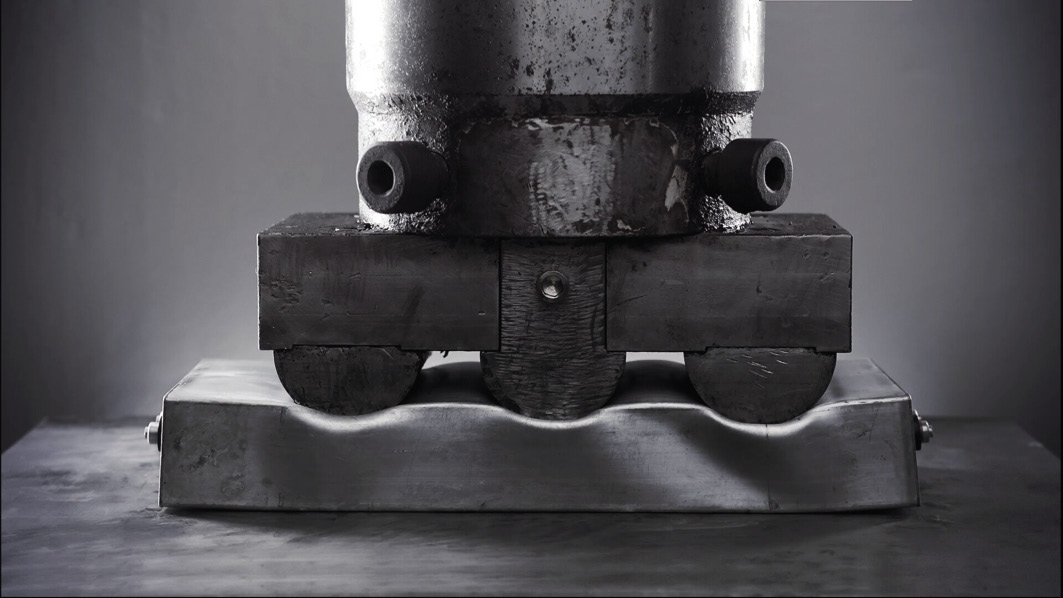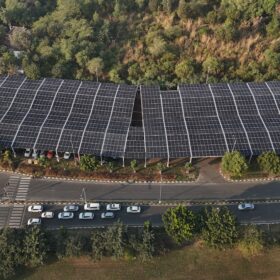Coal tar derivatives company Epsilon Carbon has announced its foray into Lithium-ion battery materials business with the commissioning of a facility to produce 5000 tonnes of synthetic graphite anode materials annually.
The company plans to triple this unit capacity to 15,000 tonnes in 2021 and further expand to 50,000 tonnes per annum by 2025. It will be investing US$ 70 million (Rs 520 crore) over the next five years to meet this capacity target of the unit.
“The battery materials business is housed under a new subsidiary, Epsilon Advanced Materials, formed to become a preferred supplier of synthetic graphite material to cell manufacturers and energy storage device companies across the globe”—read a company statement.
“Epsilon has protected its know-how and technology by filing patents globally. This filing enhances the strength of the intellectual property the company holds in synthetic graphite anodes for Lithium-ion battery,” it added.
Epsilon Advanced Materials claims to be the first global player that is fully backward integrated from raw coal tar to the synthetic graphite anode product. The company says this allows it to supply consistent and high-quality anode materials to the Lithium battery supply chain.
Trials have been initiated with anode material producers and cell manufacturers globally to start the qualification phase.
“This is a key step towards the company’s evolution plan to become the world’s first vertically combined and sustainable producer of high-performance synthetic anode material in Li-ion battery supply chain,” said the company.
Epsilon has set up a target-oriented research and development laboratory to cover the complete array of carbon material testing as well as cell and pouch lithium battery cell testing to improve the quality of the material further by continuous development jointly with customers.
It is also exploring working with Si-Graphite anode players to develop the next generation of Si-Graphite composite anodes jointly.
This content is protected by copyright and may not be reused. If you want to cooperate with us and would like to reuse some of our content, please contact: editors@pv-magazine.com.









1 comment
By submitting this form you agree to pv magazine using your data for the purposes of publishing your comment.
Your personal data will only be disclosed or otherwise transmitted to third parties for the purposes of spam filtering or if this is necessary for technical maintenance of the website. Any other transfer to third parties will not take place unless this is justified on the basis of applicable data protection regulations or if pv magazine is legally obliged to do so.
You may revoke this consent at any time with effect for the future, in which case your personal data will be deleted immediately. Otherwise, your data will be deleted if pv magazine has processed your request or the purpose of data storage is fulfilled.
Further information on data privacy can be found in our Data Protection Policy.